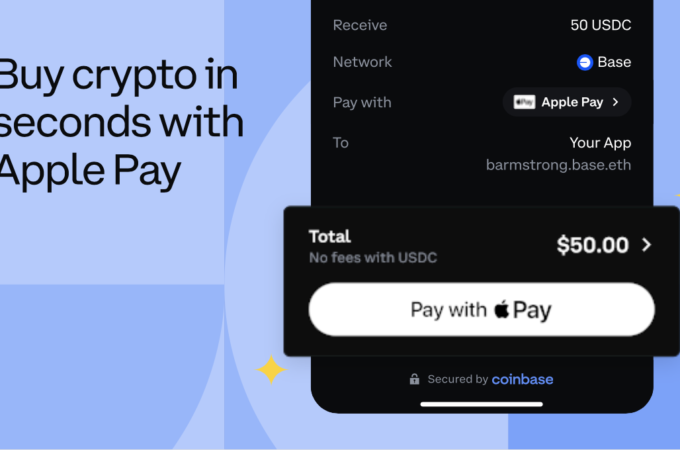
What the JPMorgan-Intuit Partnership Means for the Digital Financial Ecosystem of the Future
By LTP
Last Wednesday, JPMorgan Chase and Intuit announced that they had found a solution for the “perilous” sharing of banking data through the use of APIs (application programming interfaces). The agreement will allow JPM’s customers to access their account information and plug it into QuickBooks, Mint, and TurboTax financial management applications without having to hand over their bank passwords.
This resolution is meant to allow customers to use their bank account information with third-party apps without increasing their susceptibility to fraud – an issue JPMorgan’s CEO, Jamie Dimon, has voiced strong opinions about in the past, going as far as to discredit some vendors.
In a change of tune, Dimon says that “the most important part of this is giving control to the customer. […] Customers will get to decide what they want to share and when they want to share it – without having to hand over their password.”
Open APIs changing the financial landscape
Open APIs allow for this augmentation of internal bank data with external data from third-party applications, helping to create the unified digital financial ecosystem we’ve all been seeking. Considering the banking industry’s tendencies to march in lockstep, Dimon’s commitment to increasing customers’ financial visibility, along with his willingness to seek innovative solutions to put the customer front-and-center, should serve as a catalyst for the rest of the big banking executives in the US to follow suit.
In Europe, the shift is already being observed. The Revised Payment Service Directive – PSD2, for short – which will be implemented in 2018, will obligate banks to grant third parties access to their customers’ accounts. The EU directive is meant to encourage non-banks to build financial services on top of banks’ data and infrastructure, in hopes of creating the “digital single market,” or a single payments system.
Become a platform, not an intermediary
For banks to keep their competitive advantage as more players enter the market, they need to consider leveraging the open ecosystem in a different way: innovation via APIs. Although partnering with third-parties through the use of APIs signals forward momentum and will certainly improve third-party offerings, banks need to start focusing on API integration that makes their own solutions better. Instead of serving as intermediaries, they should focus on integrating tools that are built by tech companies specifically for banks.
In doing so, banks can offer a host of new services, capture new customer data, and increase traffic to their applications. And keep it there. This will allow banks to observe new activities they never had access to before, reinforcing the 360-degree view of the customer, which can then be used to return value back to the customer through hyper-personalized services. The result is an increasingly engaged and dependent customer base.
Whether or not the bank stays at the center of the financial ecosystem depends on how they choose to leverage the API infrastructure: to support competitive solutions or to offer them.
First appeared at LTP





